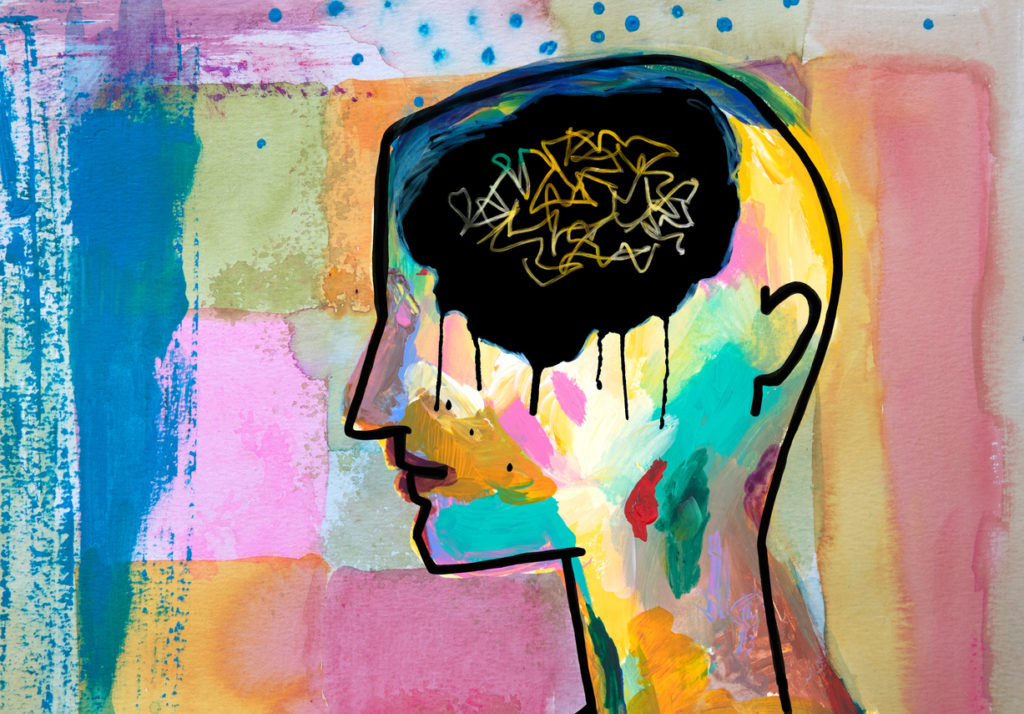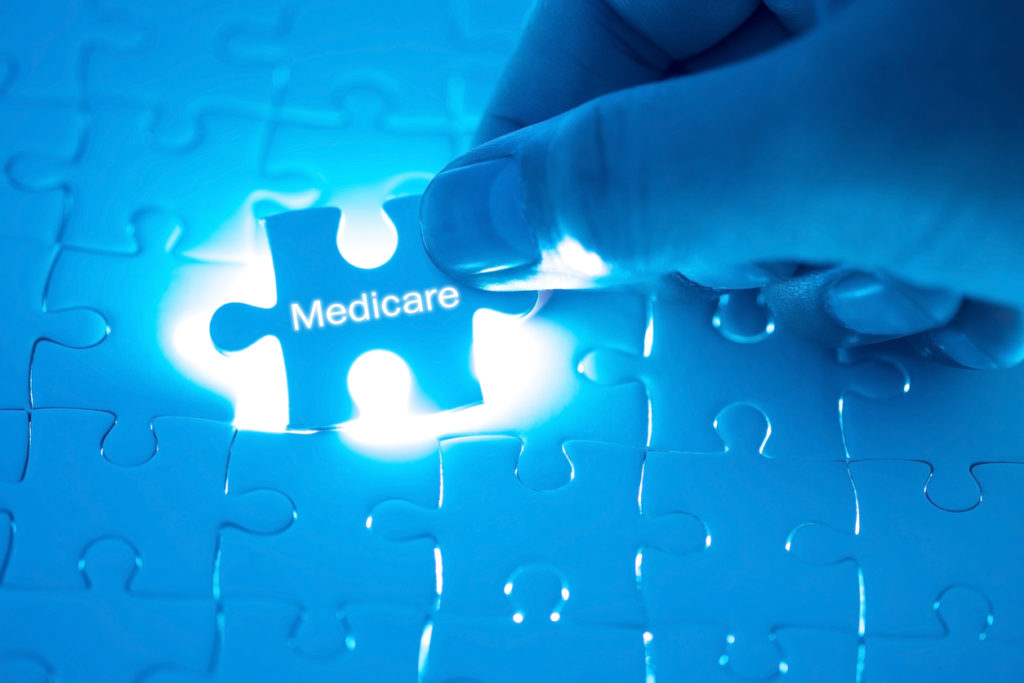The purpose of this trial is to evaluate the effect of deep brain stimulation in the the globus pallidus (Gpi) and the subthalamic nucleus (STN) on motor, neuropsychological and psychiatric function, and quality of life in patients with Parkinson’s disease.
Official Title
Deep Brain Stimulation for Parkinson’s Disease Trial.
Conditions
- Parkinson’s Disease
Study Type
Interventional
Study Design
Treatment, Randomised, Double Blind (Subject, Investigator), Parallel Assignment.
Further Details
Medical therapy is the mainstay of treatment for patients with Parkinson’s disease (PD). After several years of drug therapy, however, a large proportion of patients experience worsening of their parkinsonism and develop incapacitating motor fluctuations and dyskinesias. To deal with this, attention has been directed to surgical procedures, such as deep brain stimulation (DBS). Recently, stimulating the areas of the brain that control movement -the globus pallidus (Gpi) and the subthalamic nucleus (STN) -has been proposed as a therapy for treating many of the disabling symptoms associated with PD and drug-induced side effects.
The major aim of this 5-year study is to carry out a prospective, double blinded, randomised, clinical trial of DBS for medically intractable PD. The study will evaluate the effect of DBS in the Gpi and STN on motor, neuropsychological and psychiatric function, and quality of life in patients with PD. The study also will address two key issues: 1.) whether there are differences between unilateral Gpi-DBS and STN-DBS and 2.) which patients are the best candidates for bilateral DBS.
Study Start
June 1999
Eligibility & Criteria
-
Ages Eligible for Study: 30 years to 75 years
-
Genders Eligible for Study: Both
-
Accepts Healthy Volunteers: No
Inclusion Criteria:
- Clinical diagnosis of idiopathic Parkinson’s disease based on the presence of at least 2 of the cardinal motor signs (akinesia/bradykinesia, rigidity, tremor, and gait/balance disorder) and a clear response to Levo-dopa therapy.
- Hoeh & Yahr staging III or worse "off " medication periods.
- Intractable, disabling motor fluctuations, dyskinesias, or freezing episodes.
- Unsatisfactory clinical response to maximal medical management or previous surgical treatment.
- Stable on Parkinson’s medications for at least 30 days with total L-dopa equivalence varying no more than +/- twenty percent during the 30 day period.
- Absence of cognitive, or psychiatric or other co-morbidities that might interfere with the patient’s ability to understand and sign the informed consent form.
Exclusion Criteria:
- Clinically significant medical history that increases pre- / post operative complications (Cardiac or pulmonary disease, uncontrolled hypertension, diabetes, etc).
- Secondary or atypical parkinsonism as suggested by:
- History of stroke, encephalitis, exposure to toxins or neuroleptics.
- Neurologic signs of upper motor neuron or cerebella involvement, supranuclear gaze palsy, or significant autonomic dysfunction.
- MRI scan with evidence of significant brain atrophy, lacunar infracts, or iron deposits in the putamen.
- Dementia as indicated by a Mattis Dementia Rating Scale (DRS) less than 116 or DSM-IV criterion for dementia.
- Clinically significant psychiatric disorder meeting Structured Clinical Interview for the DSM-IV criteria for an active anxiety, depressive, or psychotic disorder.
Total Enrolment
132
Contact Details
Jerrold L Vitek, (M.D.,Ph.D.)
Cleveland Clinic Foundation, Director
Functional Neuroscience Research CenterMahlon R. DeLong (M.D)
Emory University
Locations:
Emory University School of Medicine, Neurology Department
Atlanta, Georgia,
United States, 30322Cleveland Clinic Foundation
Cleveland, Ohio
United States, 44195
All content and media on the HealthEngine Blog is created and published online for informational purposes only. It is not intended to be a substitute for professional medical advice and should not be relied on as health or personal advice. Always seek the guidance of your doctor or other qualified health professional with any questions you may have regarding your health or a medical condition. Never disregard the advice of a medical professional, or delay in seeking it because of something you have read on this Website. If you think you may have a medical emergency, call your doctor, go to the nearest hospital emergency department, or call the emergency services immediately.







